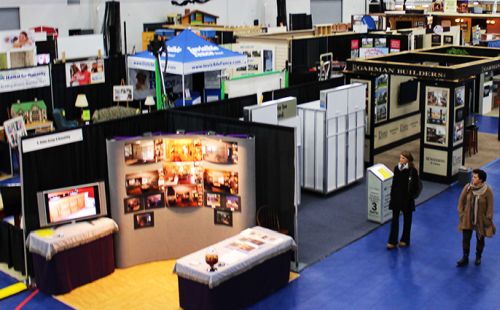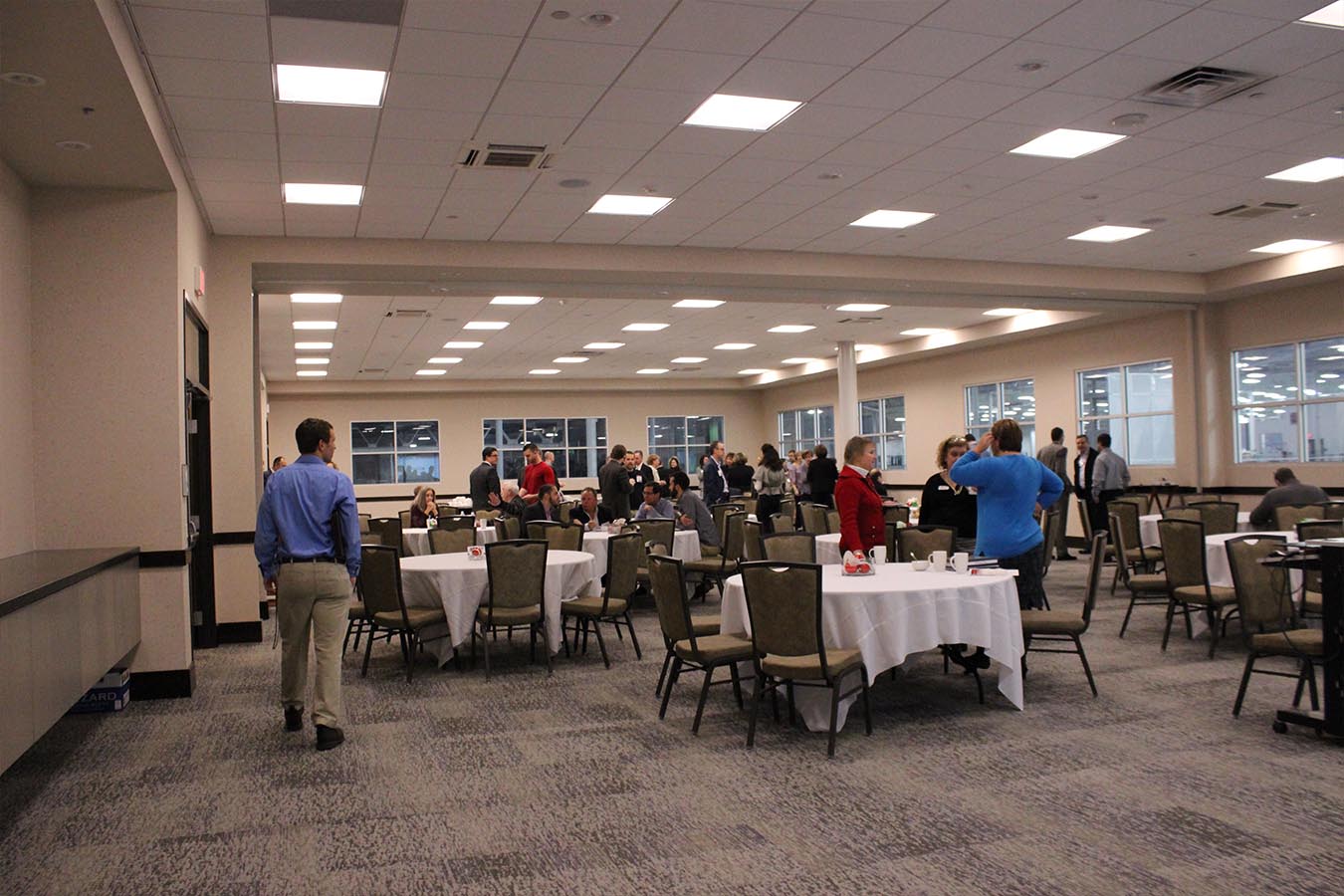Lorem ipsum dolor sit amet, consectetur adipiscing elit. At cursus felis gravida imperdiet imperdiet etiam viverra. Sed sagittis diam quam tempus pretium risus, sodales. Consectetur tincidunt adipiscing nibh interdum magna adipiscing interdum. Neque at senectus neque bibendum leo magna ultricies viverra metus. Cras eleifend auctor semper massa congue. Hendrerit vitae, viverra nunc, phasellus. In ultrices gravida fames hac.

Subscribe to the Blog
Stay up to date
Attending a work function is one thing. Organizing a conference event is quite another. Whereas attending a conference gives you the chance to learn new things, network and possibly explore a city you never visited before, planning a similar event can be comparatively stressful.
With the right knowledge and tools, you can organize a successful event when you put your planning skills to the test. For example, the venue has a huge part to play in the success of your conference. Does it have enough open space for breakout sessions and conference rooms that are large enough to hold everyone at once? What about activities for the attendees to do in their downtime? Are you in the process of selecting a keynote speaker?
Take a look at our planning guide to learn more about what you can do to organize a conference event and make it a success.
1. Document Your Vision
No matter how big or small the conference, it all starts with creating and documenting the vision you have for the event. Without this, it's difficult to know what you hope to accomplish with the event, the activities to plan and what kind of venue is needed. Writing down your vision helps to solidify it in your mind.
Once you document your vision, start listing the other important elements, such as the number of breakout sessions, the number of people attending those sessions and the number of speakers presenting per day. Doing this will keep everything organized and make it easier to plan the rest of the event.
2. Create a Business Plan and Budget
After you've established some of the details of your conference event, you can use that information as the basis for your business plan and budget. While you should pay attention to the expense portion of your budget, don’t neglect the revenue part. Remember — the biggest revenue drivers for conferences are often location, booked speakers and the itinerary, so focus on those things heavily.
3. Choose the Venue
To draw as big an audience as possible, it’s vital to pick a professional venue that can support all aspects of your event. Finding a host site with a lecture hall won’t cut it. You need to find a venue that has experienced event staff and ample room for breakout sessions of varying sizes. The site also needs to have amenities that attendees can enjoy during their downtime.
Book with Spooky Nook
With 700,000 square feet of space, our location is the ideal site for conferences of all sizes because our space is flexible enough to host large, one-room gatherings and smaller, even intimate breakout sessions. Our sprawling property is home to a modern hotel and full-service restaurant and we’re located near sought-after attractions, making our complex the perfect place for single- and multi-day conferences.
Contact us today to schedule a tour of our facility.
Planning Your First Conference Event
Lorem ipsum dolor sit amet, consectetur adipiscing elit. At cursus felis gravida imperdiet imperdiet etiam viverra. Sed sagittis diam quam tempus pretium risus, sodales. Consectetur tincidunt adipiscing nibh interdum magna adipiscing interdum. Neque at senectus neque bibendum leo magna ultricies viverra metus. Cras eleifend auctor semper massa congue. Hendrerit vitae, viverra nunc, phasellus. In ultrices gravida fames hac.
11/7/2019

Subscribe to the Blog
Stay up to date
Subscribe to our Blog!
Stay up to date with the latest news from Champion Mill Conference Center!










